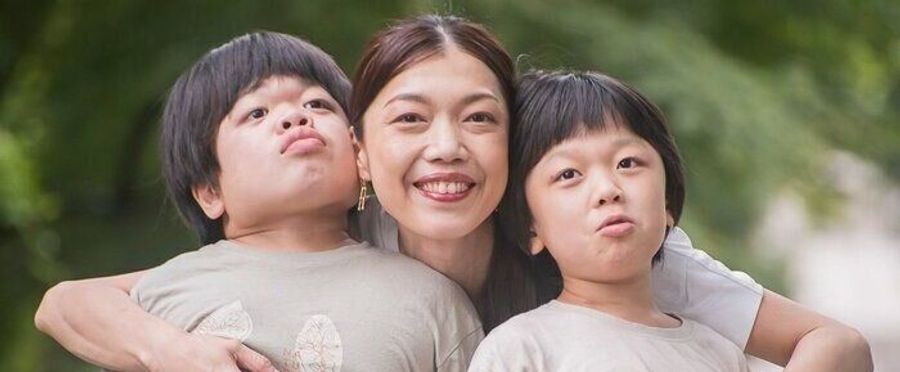This news focuses on a Japanese woman dealing with her child's rare medical condition, which can limit life expectancy to just 16 years. It provides an insightful glimpse into the mother's emotional journey, the daily challenges they face, and her tireless search for promising treatments both domestically and internationally. The report further highlights the need for support networks and resources for such families who are constantly engaged in a battle with these rare conditions.
In Japan, the matter of rare diseases, particularly pediatric ones, is viewed with great seriousness. There is a comprehensive framework for providing healthcare, financial aid, and emotional support to affected families. However, due to their rarity and often neglect from medical research, such conditions pose unique complications in their treatment, creating a deeper sense of urgency among these families and society at large.
In the U.S. and E.U., the approach towards rare diseases parallels that of Japan, yet also holds significant differences. Despite possessing robust healthcare systems, these regions too struggle with the lack of therapies and financial burdens plaguing the families. On a positive note, there is a stronger emphasis on patients' advocacy, funding for research, and inclusive health insurance policies in these regions, differing from Japan's more paternalistic model of healthcare.

